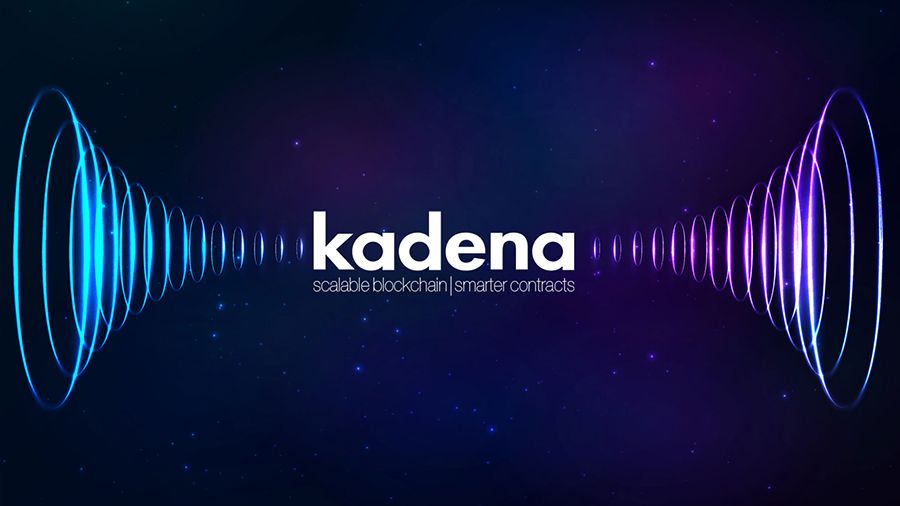The Kadena blockchain, developed by former JPMorgan employees, has reached 480,000 transactions per second, increasing the number of forked chains on the network to twenty.
The developers of the Kadena blockchain have doubled the network throughput to 480,000 transactions per second. In comparison, Ethereum 1.x processes about 14 transactions per second. The Kadena blockchain relies on the same proof of work (PoW) mechanism as Ethereum. However, the Kadena developers said they have solved the scaling problem that prevents PoW blockchains from supporting unlimited traffic.
Team Kadena increased throughput by doubling the number of braided chains in its network to twenty. The developers claim that the number of these chains can reach thousands and increase further.
“Launching Kadena and expanding to twenty chains proves that we can scale the Tier 1 blockchain to the point where digital assets can be used by more people,” said Kadena co-founder and CEO Will Martino.
The Kadena team claims the network is “the fastest blockchain platform in the world.” Kadena joins dozens of blockchains, including Algorand, Corda, Polkadot and Blockstack, which promise high bandwidth and low transaction fees.
Their common competitor is Ethereum, which is gearing up to launch ETH 2.0 and increase network bandwidth. Ethereum co-founder Vitalik Buterin said last month that Ethereum 2.0 will support processing 2,000-3,000 transactions per second at launch, followed by 100,000 transactions in about a year.
The Kadena team also announced that they have developed Kadena Kuro, a private free open source version of the Kadena blockchain. Recall that the Kadena startup launched a hybrid blockchain platform earlier this year, and in May integrated decentralized price oracles Chainlink into the blockchain.







